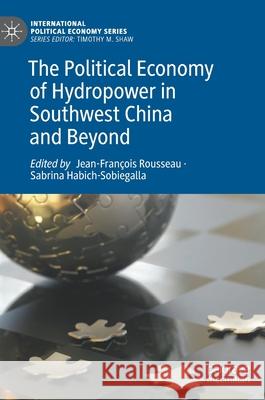The Political Economy of Hydropower in Southwest China and Beyond » książka
topmenu
The Political Economy of Hydropower in Southwest China and Beyond
ISBN-13: 9783030593605 / Angielski / Twarda / 2021 / 298 str.
The Political Economy of Hydropower in Southwest China and Beyond
ISBN-13: 9783030593605 / Angielski / Twarda / 2021 / 298 str.
cena 484,18
(netto: 461,12 VAT: 5%)
Najniższa cena z 30 dni: 462,63
(netto: 461,12 VAT: 5%)
Najniższa cena z 30 dni: 462,63
Termin realizacji zamówienia:
ok. 22 dni roboczych.
ok. 22 dni roboczych.
Darmowa dostawa!
Kategorie BISAC:
Wydawca:
Palgrave MacMillan
Seria wydawnicza:
Język:
Angielski
ISBN-13:
9783030593605
Rok wydania:
2021
Wydanie:
2021
Numer serii:
000304620
Ilość stron:
298
Waga:
0.53 kg
Wymiary:
21.01 x 14.81 x 1.91
Oprawa:
Twarda
Wolumenów:
01
Dodatkowe informacje:
Wydanie ilustrowane











